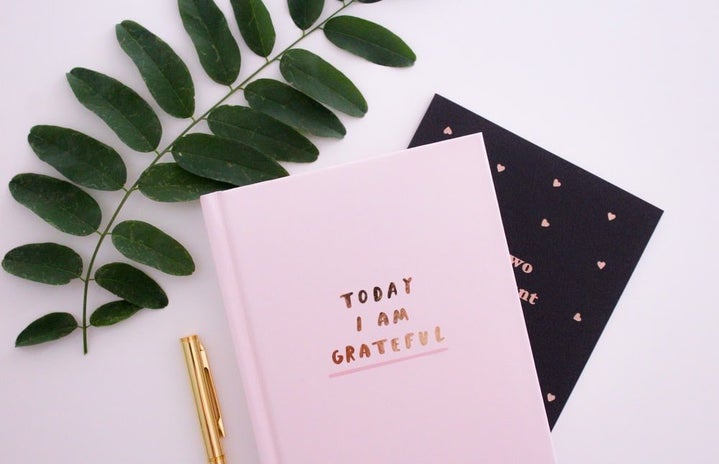Journaling, as we know, has many benefits. It can help people destress after an eventful day, organize their thoughts, maintain their goals, track their progress, and find inspiration. Personally, I think journaling is an amazing tool that is effective and resourceful. The only problem is, I do not like to journal. Believe me, I have tried over and over again to get into journaling, but for some reason I cannot do it. I either forget or find it hard to incorporate journaling into my everyday routine, or frankly I just lose interest. Although I find it hard to journal sometimes, I have found alternatives that work for me when it comes to the benefits journaling may bring.
One thing I like to do instead of journaling is take pictures. My camera roll is filled with random photos throughout the day, which probably explains why I have no storage on my phone. Aside from that, taking pictures of something you want to remember or reflect upon is a great way to destress or let your mind relax. In times where I’m feeling a bit low, looking back on all the random photos I have is one of my favorite ways to brighten up my day, and express gratitude.
Another thing that I do instead of journaling is poetry. Although it is another form of writing, poetry allows me to express how I am feeling in a way different from traditional journaling. Anything can be considered poetry, there is no right or wrong way to approach writing poems. It’s a simple, quick, creative, and great way to express how you feel, and let yourself decompress.
Lastly, a fun alternative to journaling is making a quick little vlog to yourself. Yes, I know it sounds a bit silly, but recording videos of yourself and talking about how you feel is a sufficient way to ease anxiety and express your feelings. Speaking and talking out loud allows us to slow down, and process our thoughts and emotions.
Aside from these examples, there are ample alternatives to journaling. At the end of the day, practice is more important than the format you choose to express yourself. Practicing these methods of self-reflection allows us to grow as individuals and clear our minds.


